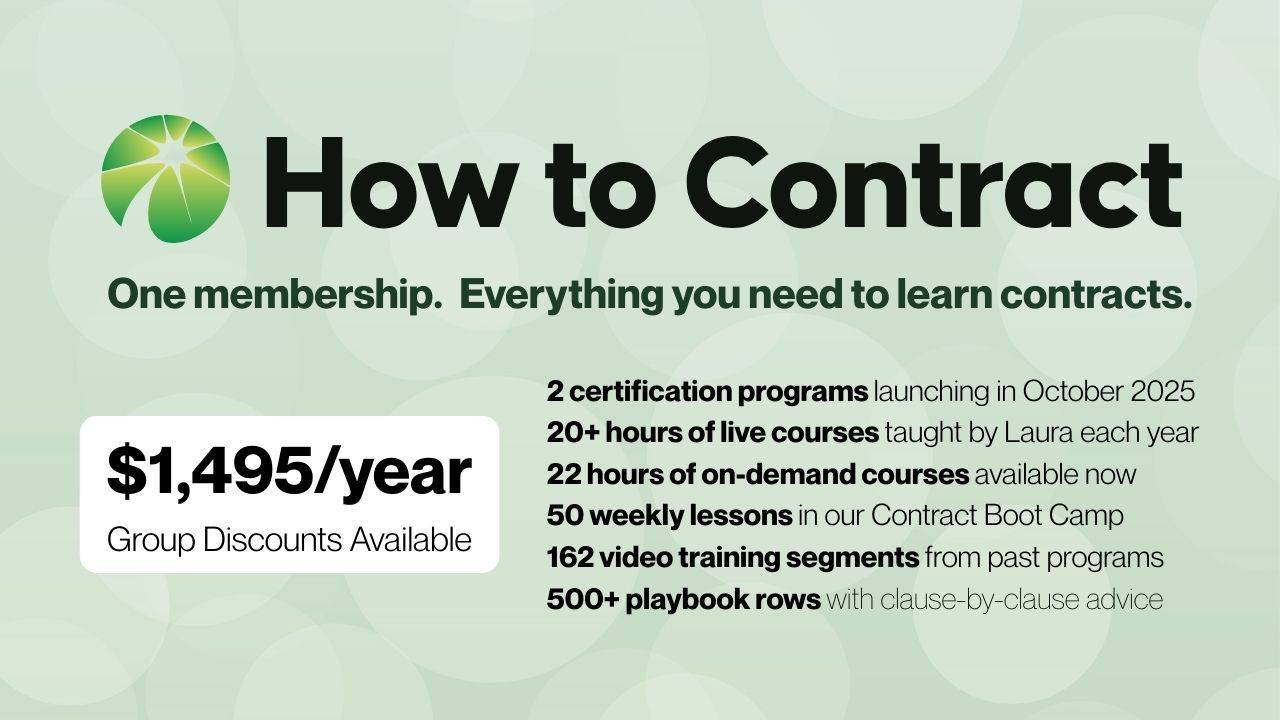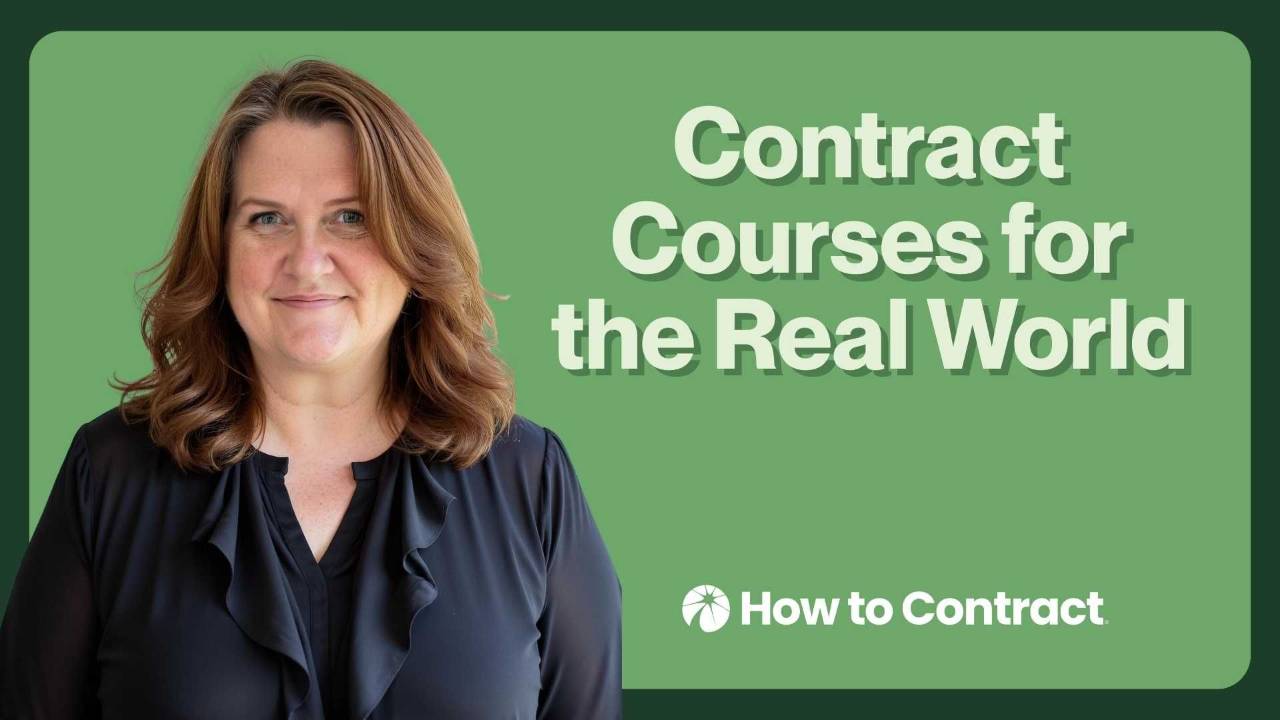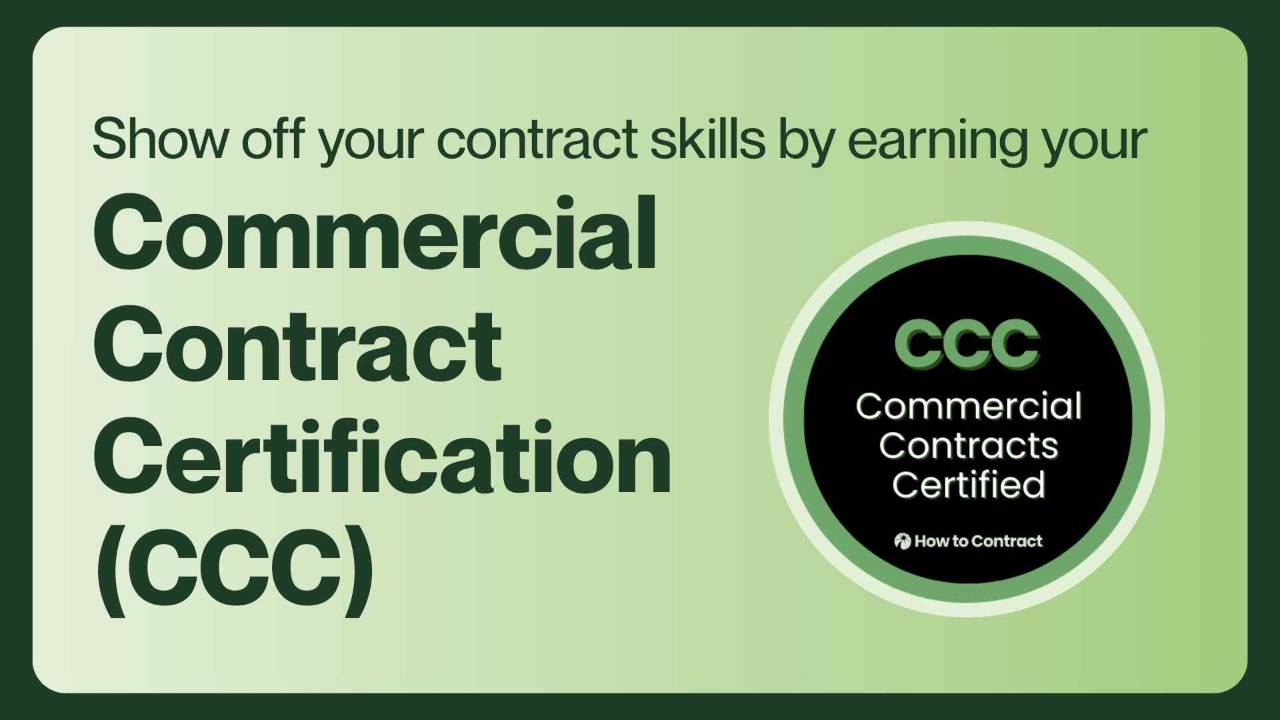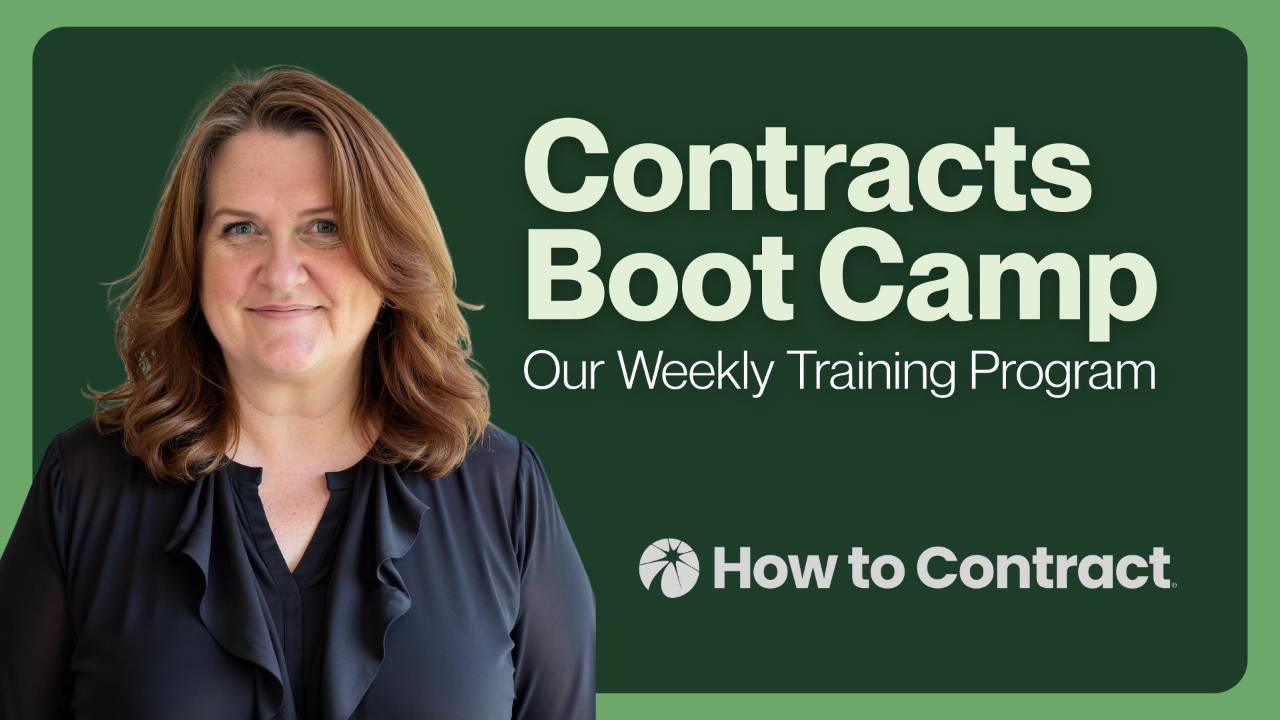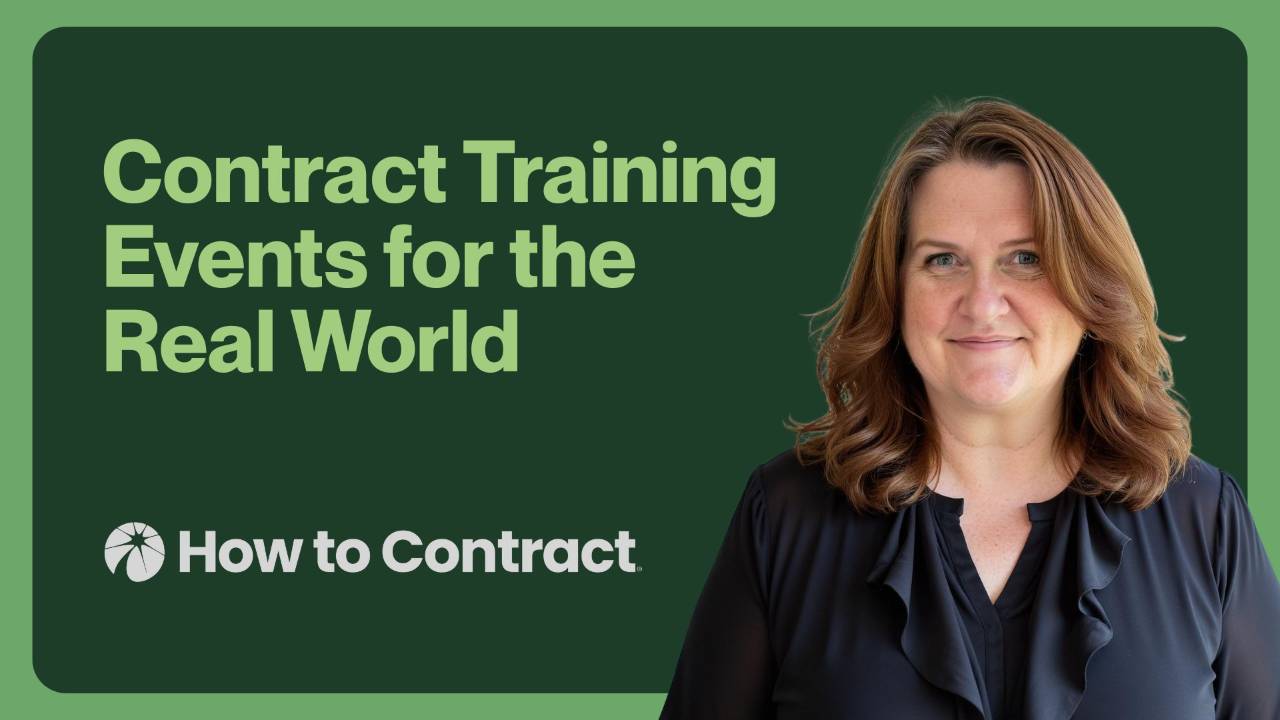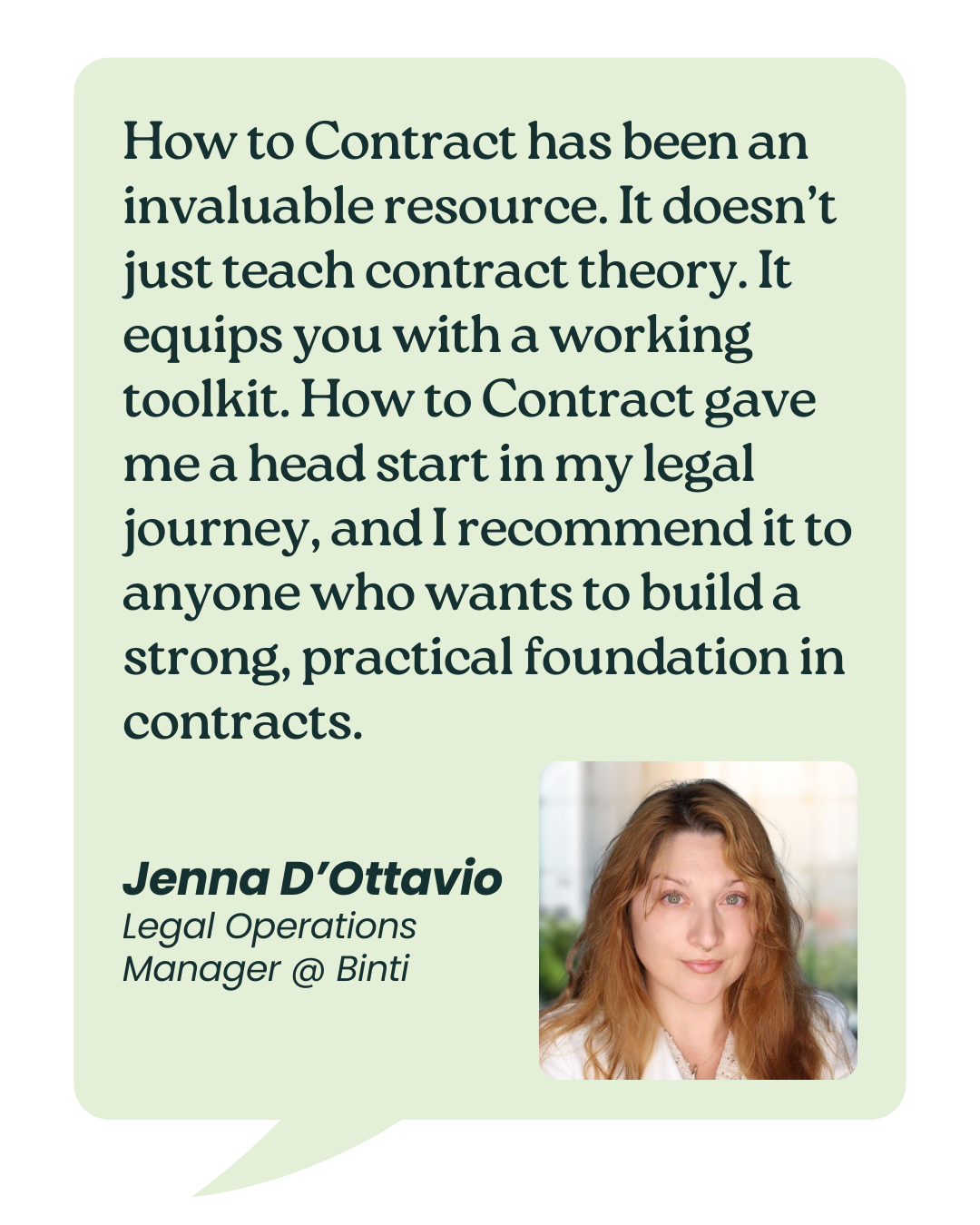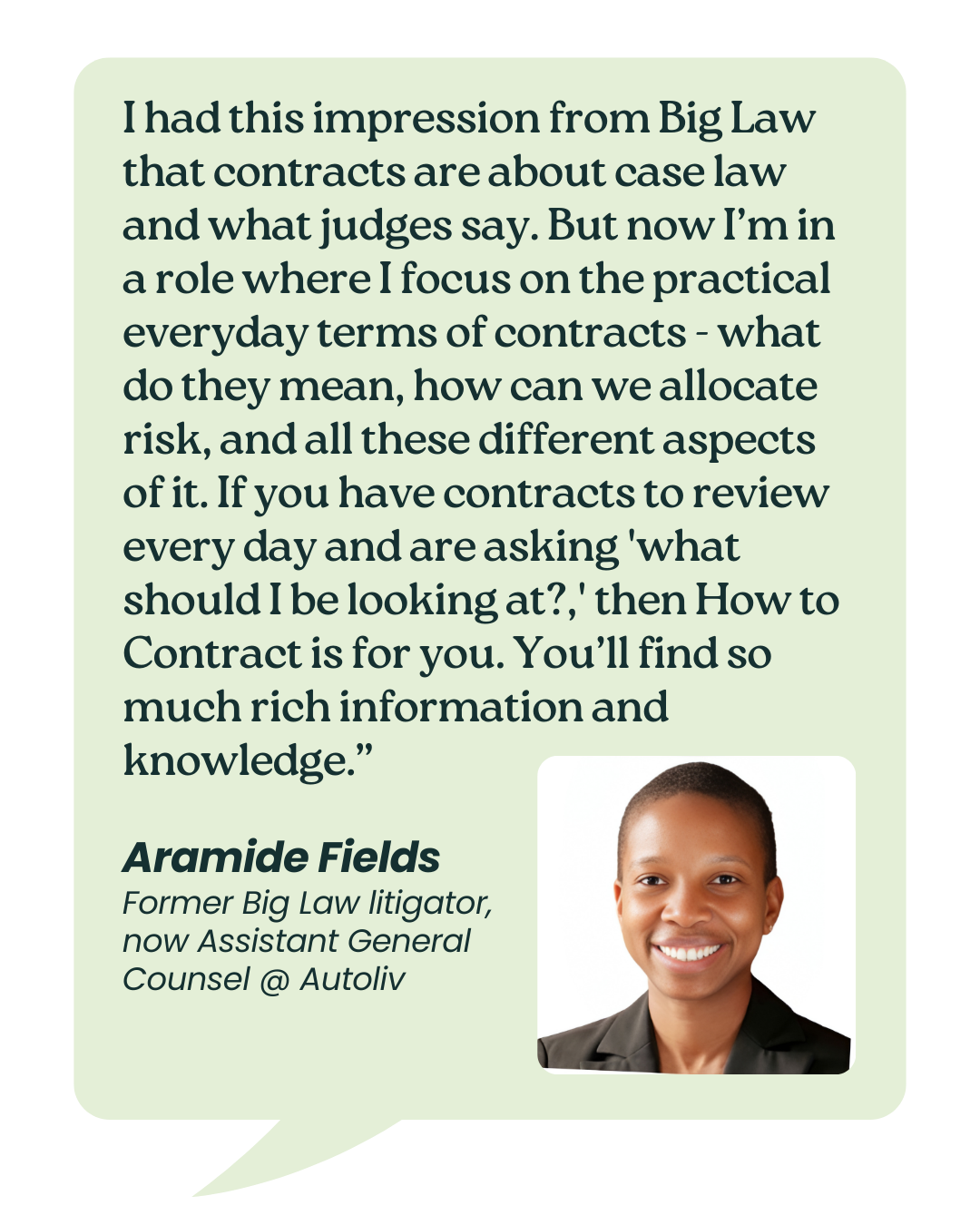
How I Contract: Balancing Risk and Business Objectives With Jonathan Perkel
This interview is part of our How I Contract interview series. We talk to lawyers and professionals about how they approach balancing legal risk with business objectives. In this interview, we talked to Jonathan Perkel, General Counsel at Esusu.
Overcoming Early Contract Challenges
What was your biggest challenge when you started working with contracts? If you could go back in time but keep all the knowledge and experience you have now, how would you deal with it?
My biggest challenge when I started working with contracts was that I did not fully understand the individual clauses' purpose and interplay. I found myself comparing the language against various templates, either excessively marking up the contract or haphazardly inserting my own language. In retrospect, it seems I was either aiming to impress with my voluminous edits or masking my uncertainty. If I could go back in time, I'd spend more time understanding the core elements of a contract, enabling me to focus on the truly significant issues.
Evolving Contract Drafting Techniques
How have your contract drafting techniques changed over the years? What did you stop doing? What did you start doing?
When I first started practicing, I used to dive right in and start making nit-picky changes to the text. That can result in a failure to see the forest for the trees. My initial priority is gaining a deep understanding of the deal: what objectives we aim to achieve, which points require utmost clarity, what concerns are critical for the business stakeholders, and what legal risks loom largest. That then informs the entire contract review process.
Lessons from Contract Disasters
Do you have any contract disaster stories from your career or someone else's career that you've learned from? What did you learn?
While representing a group of young founders securing investment from a renowned VC firm, I uncovered a significant risk in the proposed governing documents: the potential for founders to relinquish control in the event of one instance of missed financial targets. Despite my repeated revisions to address this issue, the drafts were returned unchanged without explanation, leaving me frustrated. Under mounting pressure to assert myself, I made the rookie error of sending an emotionally charged email to the other side, which ultimately backfired. This experience taught me a valuable lesson in maintaining emotional balance as an advocate. Passion is important, but effective advocacy requires emotional intelligence and a degree of detachment from the negotiation process. While it is essential to ensure the client comprehends your concern, once they do, you must follow their lead on how vigorously to contest the issue and when to concede.
Biggest Lesson in Contracting
What's your biggest lesson learned in contracts?
The biggest lesson learned is that the job of a contracts lawyer is not to eliminate all legal risks. Your job is to ensure that the key elements of the deal are properly and clearly set forth and to identify and mitigate any legal risks as best as possible (consistent with your client's risk profile) without undue friction and disruption of the process. The biggest risk of a deal is often that it does not get done at all or that it takes so long that the parties lose interest or momentum. The last thing you want to get known as is a deal killer.
Practical Contract Tips
If you could share just one practical, real-life contract tip, what would that be?
A good legal review doesn't just review what is there but also thinks hard about what isn't there and what should be.
Avoiding Common Contract Mistakes
What mistakes should contract lawyers and professionals avoid when working with contracts? How would you avoid them?
Don't review or draft a contract in a vacuum. Every deal, and therefore every contract, is different. Take the time to understand the deal and to think about what you need to be focused on.
The Importance of Understanding the Deal
What's one of the easiest ways to screw up a contract?
Not understanding the deal and assuming that other people are focusing on "the business issues." Don't assume anyone is reading the contract except you. Bring anything that looks important or seems incorrect to the right people's attention. Over time, learn to evaluate many of those so-called "business issues" for yourself.
Tips for Improving Contract Skills
Are there any simple hacks our readers can use right away to improve their contract drafting and negotiation skills?
Absolutely! If you have the luxury of working with more experienced attorneys, don't be afraid to ask them for advice. Join How to Contract and attend its in-person and virtual events. Read annotated forms available on tools like Practical Law, so you really understand the provisions you're reviewing. Provide an explanation for your comments so that the reasons you are making them are clear. And don't take shortcuts and neglect to confirm that the comments they said were accepted were actually accepted (and that nothing else was added). You don't want to notice that for the first time after the contract is signed and something goes wrong.
Recognizing Influential Mentors
If you could give a shoutout to one (or more) person who has influenced your life in contracts (or is your mentor), who would that be?
When it comes to contracts, I owe a great deal to the first partner I worked with, Steve Cohen at Cadwalader. He set exceptionally high standards for our team, emphasizing that the initial draft of any agreement we submit should be nearly ready for signatures. Another influential figure was Al Pacelli, another attorney at the firm, who had a habit of placing a ruler under each line of a contract and methodically touching every word with his pen as he read. While I no longer use this exact technique today, it instilled in me the significance of meticulous attention to detail during contract reviews.
Handling Pushback from Business Stakeholders
How should I handle a businessperson who questions the importance of my comments and suggests we not send them to the other side to avoid delaying the deal?
If you believe that your comments are reasonable and important, share them.
One of my mottos is: "If you don't ask, you can't get." In most cases, the other party will accept the majority of your comments, leading to the finalization of the deal. If they don't, you can reassess your stance at that point. However, it's crucial not to negotiate with yourself. As trust builds with the client, such questioning should diminish with time.
Suggested Next Interview
Who should we interview next? Why?
I'd speak to Karen Klein. She rocks! Karen has tremendous experience as a private and public company GC in various industries and would have a lot to say about contracts!
Thank you very much for doing this! Our readers would really appreciate your advice!
Other Resources on Working With Contracts and Negotiation
From How to Contract
From Other Contract Sources
- How to Create a Strategic Plan for the Legal Department by Sterling Miller
- Five Contract Negotiation Styles to Accelerate Success by Marlene Eisenberg
How to Contract's membership is designed to help you build real-world expertise with commercial contracts. Get access to our comprehensive system of live and on-demand courses, weekly lessons, detailed playbooks, and more. Join today!

